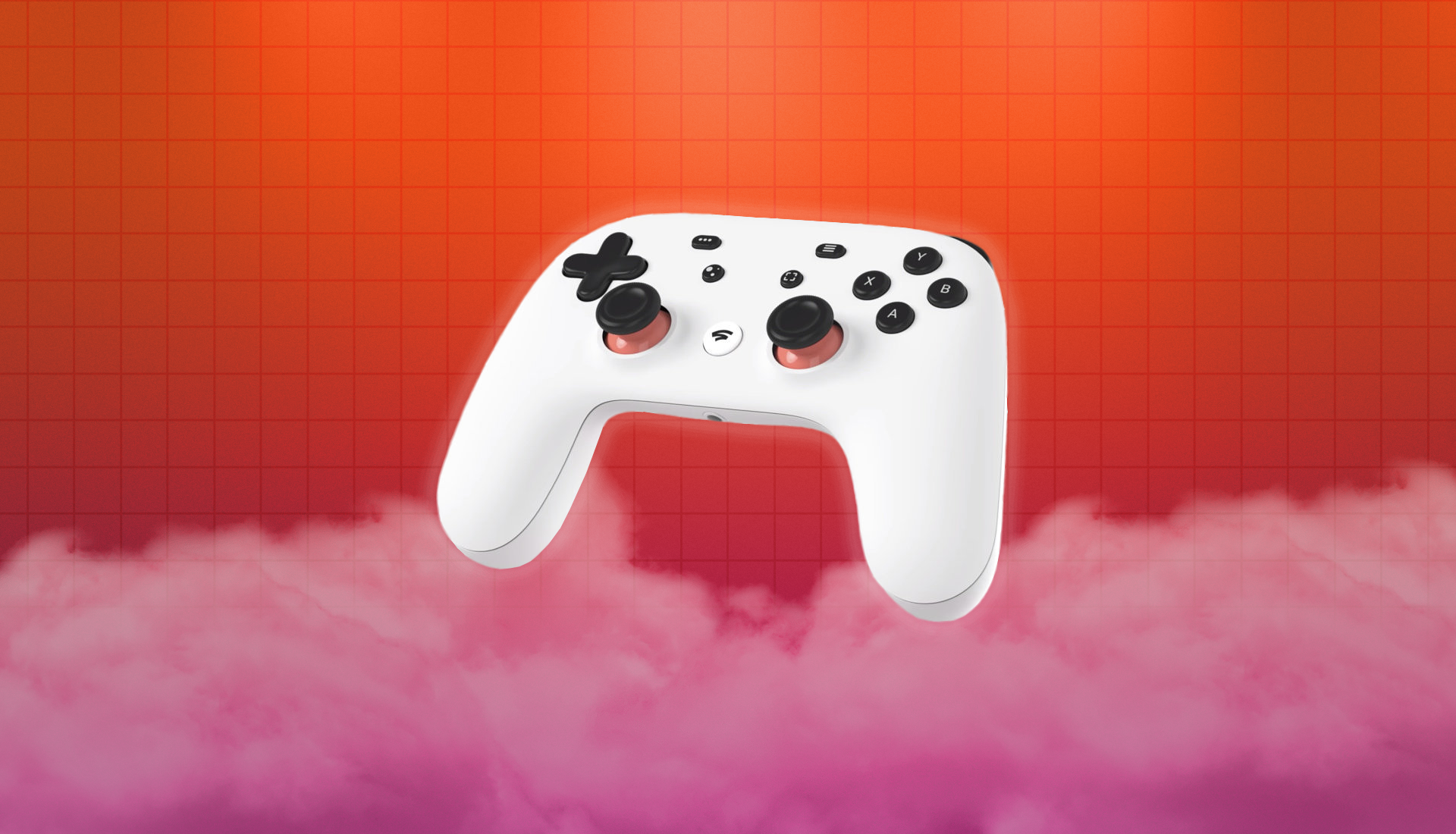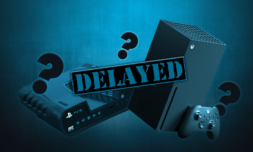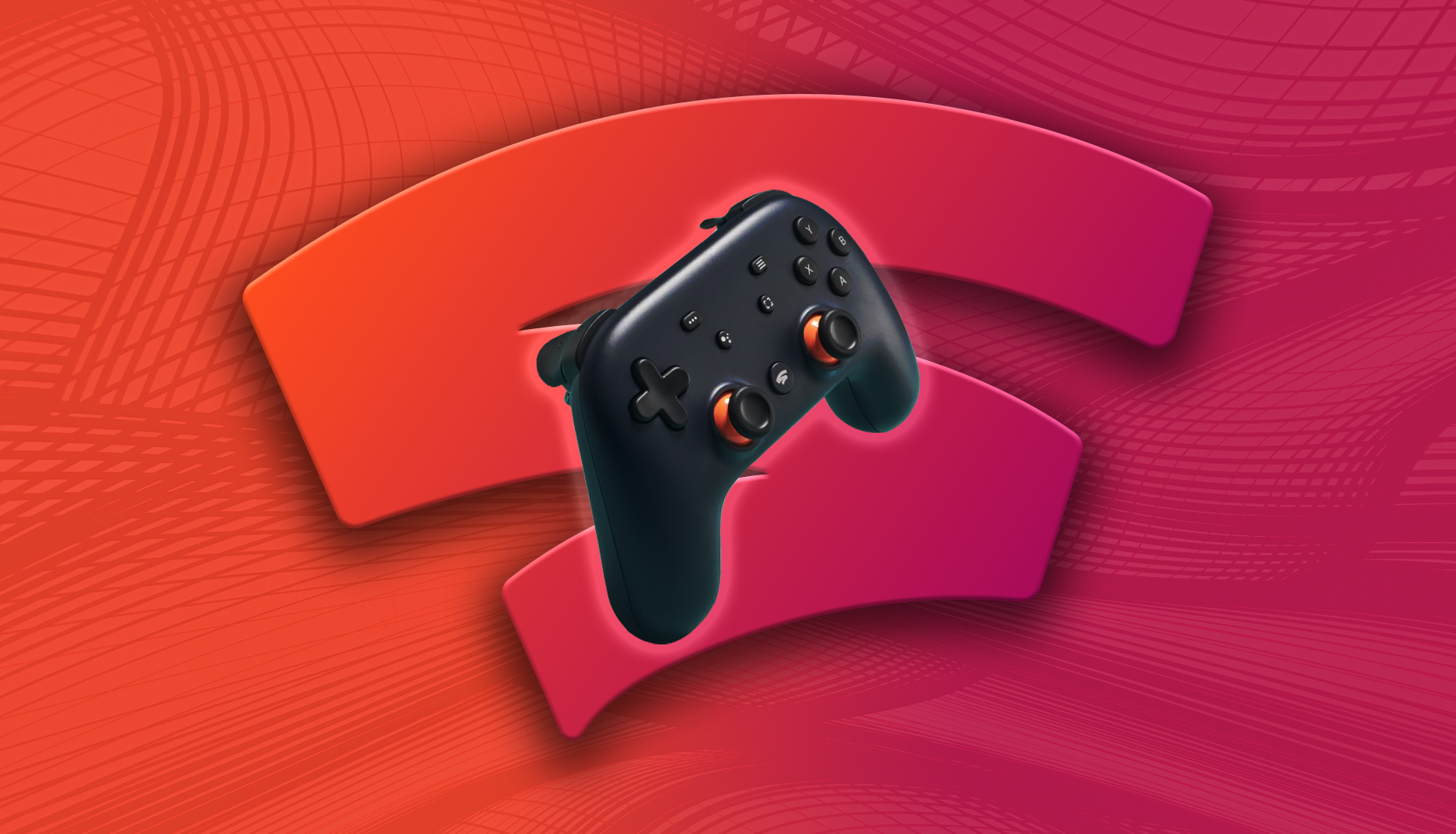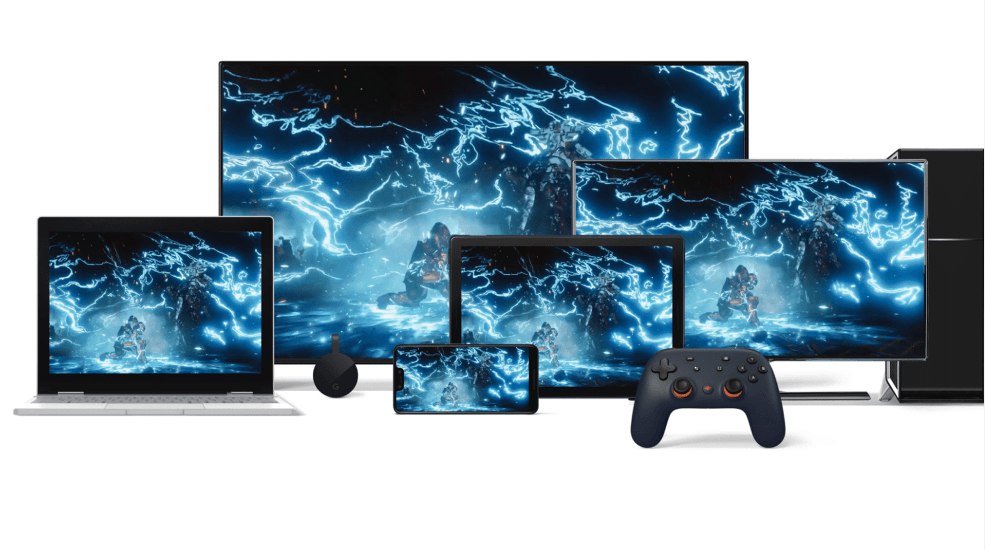After talk of ‘revolutionising’ gaming in early 2019, Google’s shot at following in the footsteps of console kings Sony and Microsoft fell catastrophically short. But could 2020 be the year the Stadia turns its fortunes around?
Google well and truly stole the show at the Game Developers Conference last March. A few teasing twitter posts proved to be the pre-cursor to a barnstorming keynote from the tech meccas. And despite some seriously grandiose claims, industry bigshots and gamers in attendance more than humoured corporate exec Phil Harrison. Logistically speaking, there was always room for serious hiccups with the Stadia’s features and business model, but the promise of running high-end titles across all our home devices – including laptops, desktops, phones, and smart TVs – on little more than a decent internet connection was one worth getting a little carried away with.
Sat here almost a year later, we can’t say much other than ‘you got us’. Google’s ambitious and unorthodox foray into the AAA gaming market has, to put it mildly, flopped harder than the Sega Dreamcast (or the Game Boy Micro for you Zers).
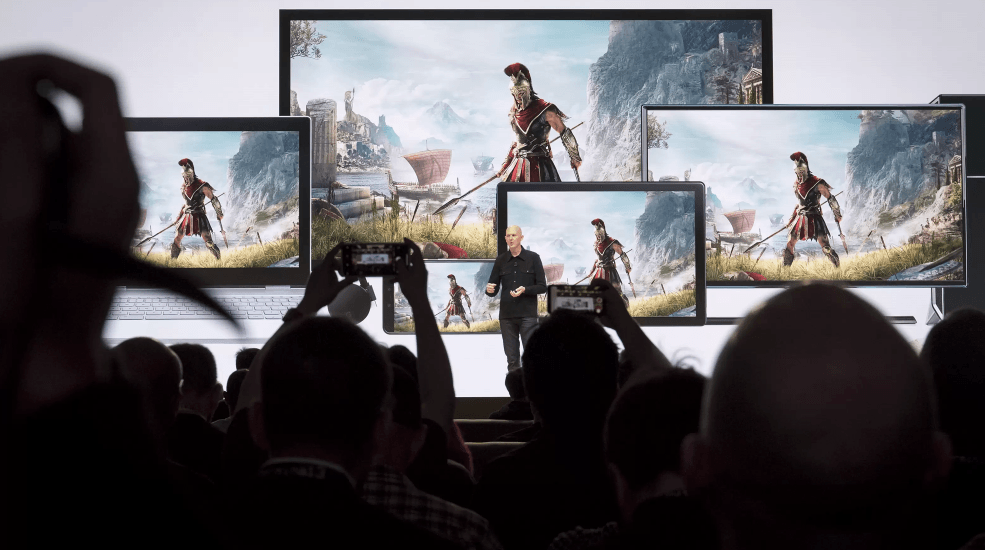
Was the launch really that bad?
It’s not that people think the Stadia is completely hopeless. The consensus is that in its current state the thing is just way too overpriced and underdeveloped. For me, The Verge’s Sean Hollister hit the nail on the head when he described the Stadia as a ‘beta that Google is charging real money for’. Retailing at £120, the Stadia to this day still requires players to purchase full price games despite talking up a free Netflix style ‘all-you-can-eat’ subscription at the GDC 2019.
As the Stadia approached launch time around October, Google disclosed that ‘for the time being’ Stadia owners would have to plug a USB-C cable into the wireless controller to make it compatible with PCs and phones – a fundamental problem that has yet to be rectified.
In November, Google studio lead Jade Raymond made the worrying admission that it may be ‘several years’ before a ‘big game’ takes advantage of the cloud and Google’s bespoke servers, heaping insult on injury with the humdinger that just a meagre 12 games would be available at launch. As you’d expect pre-orders suffered as a result. Those who continued to show faith against their better judgement would soon wish they hadn’t.
A few days later (and just six days before launch) Google hit gamers with yet another disheartening Reddit post disclosing a whole bunch of faulty features and altering of key selling points including; a limited inventory of Google Assistant prompts, an inability to stream 4K or even HDR to Chrome PCs, a complete absence of instant play games using Steam Connect, Crowd Play, and YouTube, and a complete lack of functionality with Chromecast Ultras (until a firmware patch was rolled out later).









